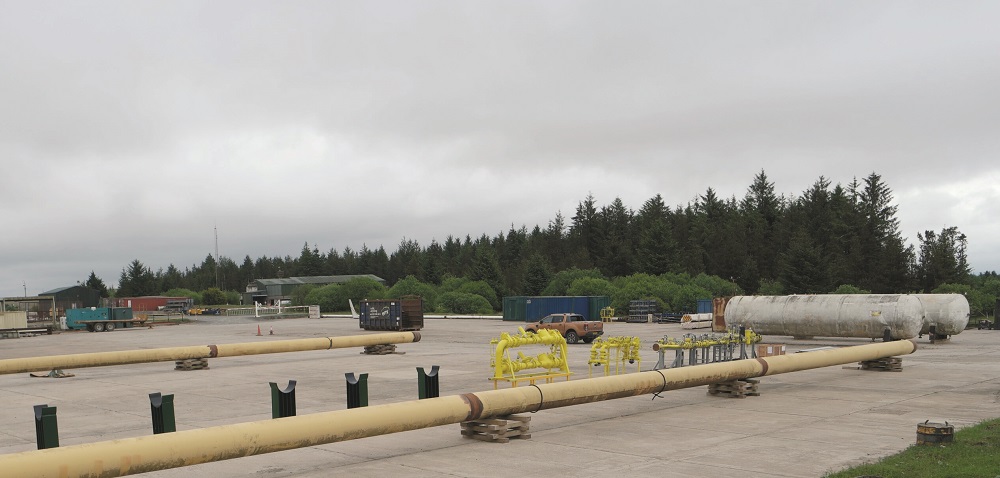
Testing at DNV’s Spadeadam site in Cumbria
Our challenge
As we work towards net zero, we’re exploring how low-carbon hydrogen can replace natural gas in our network. Hydrogen doesn’t produce carbon when it burns, but it has a lower density than natural gas. This means we would need to increase the flow of gas to provide the same amount of energy. However, we must limit the speed of gas in the network to protect pipes from erosion, debris, noise, and vibration.
Our project
The Velocity Design with Hydrogen project aims to find a new speed limit for hydrogen, which needs to move faster. In the early stages, we used industry data to show that hydrogen requires a different speed limit to avoid noise, vibration, and erosion. Now in the Beta phase, we are running full-scale tests at the DNV Spadeadam facility in Cumbria. These tests will help us confirm safe limits for hydrogen speed to prevent damage from erosion, vibration, noise, and particles.
Key benefits
Our goal is to set a safe speed limit for hydrogen in gas networks. This will protect pipes and ensure efficient energy delivery, helping us for a potential transition to a hydrogen gas network as part of the journey to net zero.

